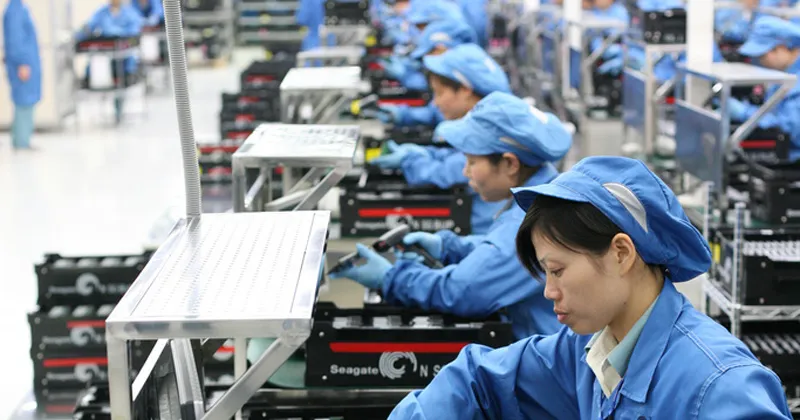
China will gradually increase its retirement age starting in 2025, the first such change since the 1950s. Facing an aging population and financial pressure on its pension system, the government aims to address the growing number of retirees and shrinking workforce.
Under the new plan, men’s retirement age will increase from 60 to 63, while women in white-collar jobs will retire at 58, up from 55. For women in blue-collar roles, the age will rise from 50 to 55. These changes will be implemented gradually over a 15-year period.
China’s aging population is a key driver of the reforms. By 2035, an estimated 400 million people—nearly 30% of the population—will be over 60. This puts immense pressure on pension funds, which are funded by contributions from a smaller pool of younger workers. The Chinese Academy of Social Sciences has warned that the main state pension fund could run out of money by 2035 without intervention.
While the reforms aim to stabilize the pension system, they come at a challenging time. The Chinese economy is navigating slow growth, and youth unemployment is already high. Experts caution that raising the retirement age could exacerbate job competition for younger workers, leading to short-term economic pain. However, the government sees the move as essential to balance its rapidly aging population with future economic stability.






Be First to Comment